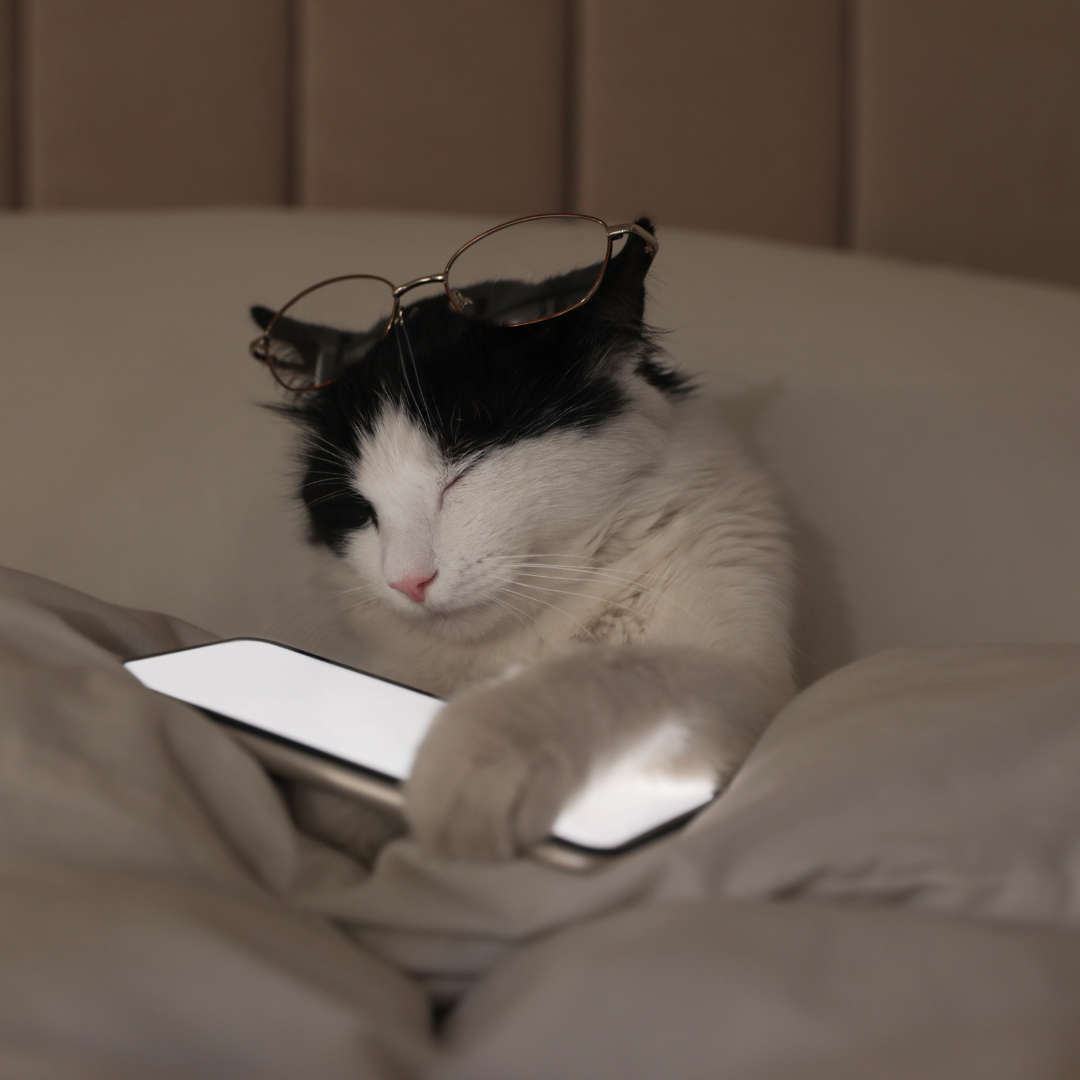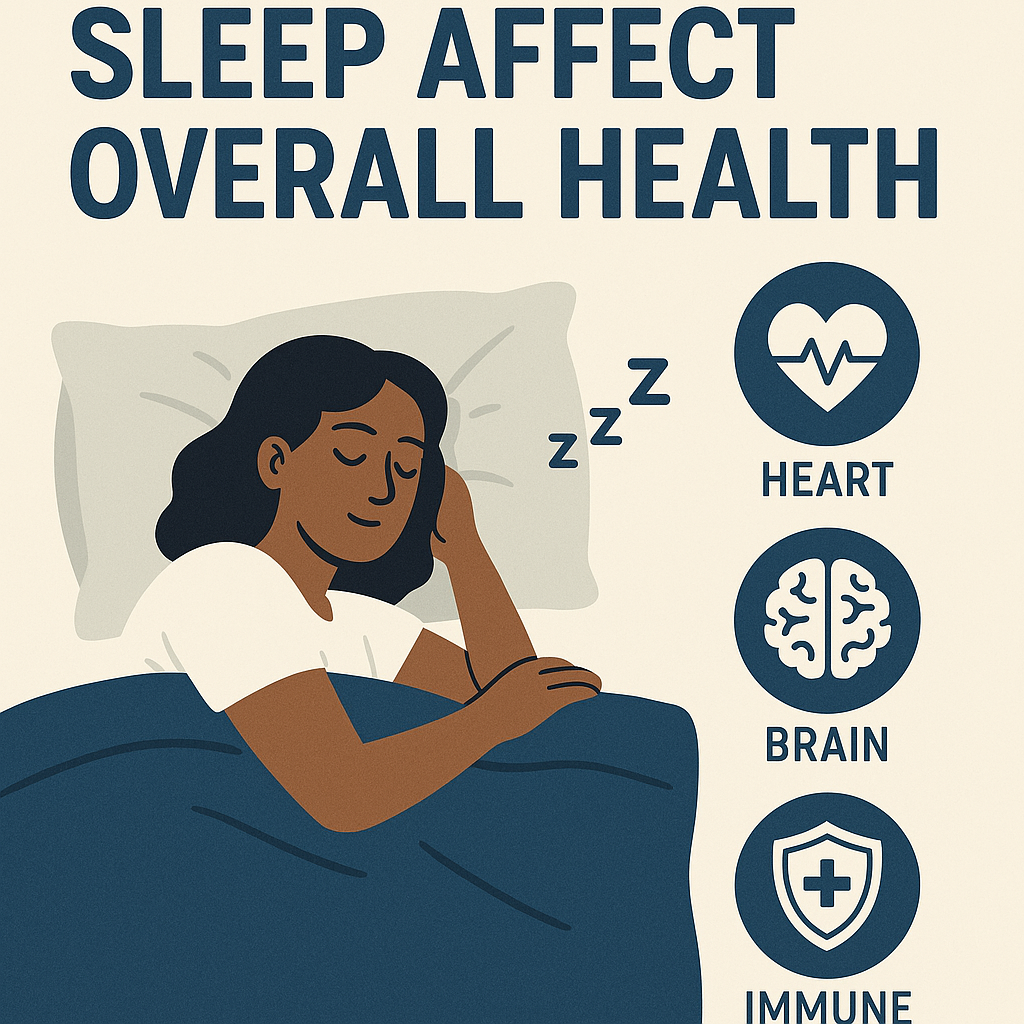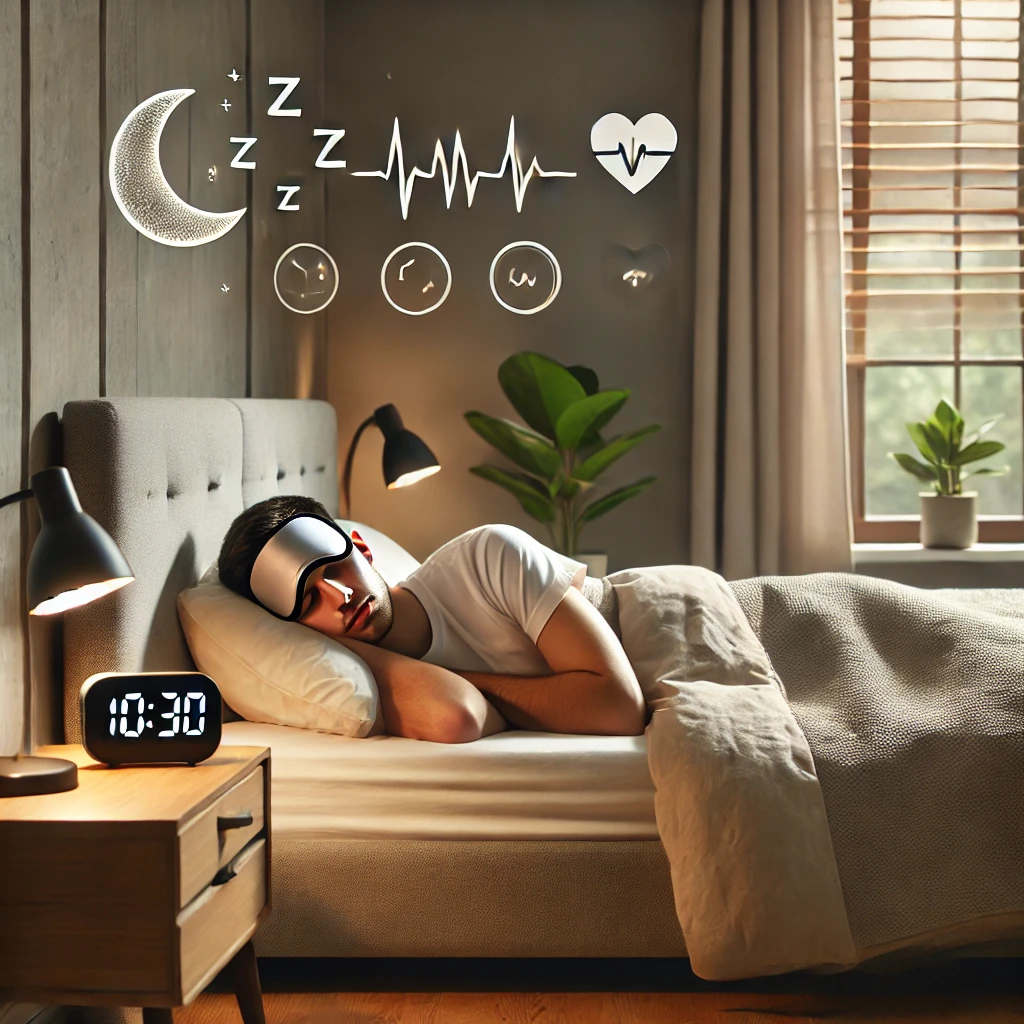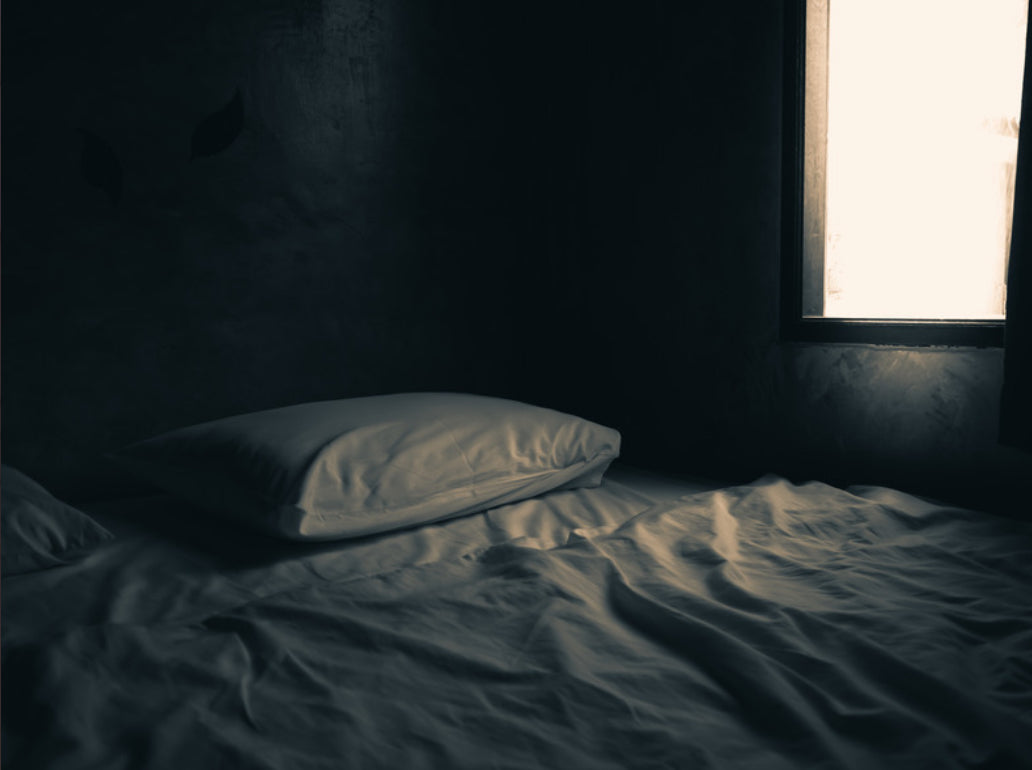The Impact of Screen Time on Sleep Health

In today’s digital world, it’s almost impossible to escape the presence of screens in our daily lives. One of the most pervasive devices, the smartphone, has become a constant companion—even in the bedroom. With its use expanding into every aspect of life, it is crucial to examine the effects of screen-based media on our sleep health.
There are several key mechanisms by which screen use interferes with sleep:
Time Displacement: Screen time often takes the place of time needed for sleep. This can happen when individuals scroll through their phones late into the night or binge-watch television shows, reducing the time available for rest.
Psychological Stimulation: The content we consume on screens can have a stimulating effect on the brain. For example, watching a thrilling movie or engaging with social media can increase brain activity and delay the natural release of melatonin, the hormone responsible for sleep. Similarly, watching a comedy show might trigger dopamine release, keeping you alert and making it harder to fall asleep.
The Effects of Light Emission: The blue light emitted from screens can interfere with our circadian rhythm—the body’s internal clock that regulates sleep-wake cycles. Exposure to this light, especially before bedtime, can trick the brain into thinking it's still daytime, which disrupts sleep onset and quality.
While digital devices play a central role in modern life, their impact on sleep health cannot be ignored. The mechanisms through which screens disrupt sleep—from time displacement to psychological stimulation and light emission—highlight the need for mindful media consumption. By setting boundaries for screen time, especially before bed, individuals can safeguard their sleep health, ensuring better rest and improved overall well-being.




